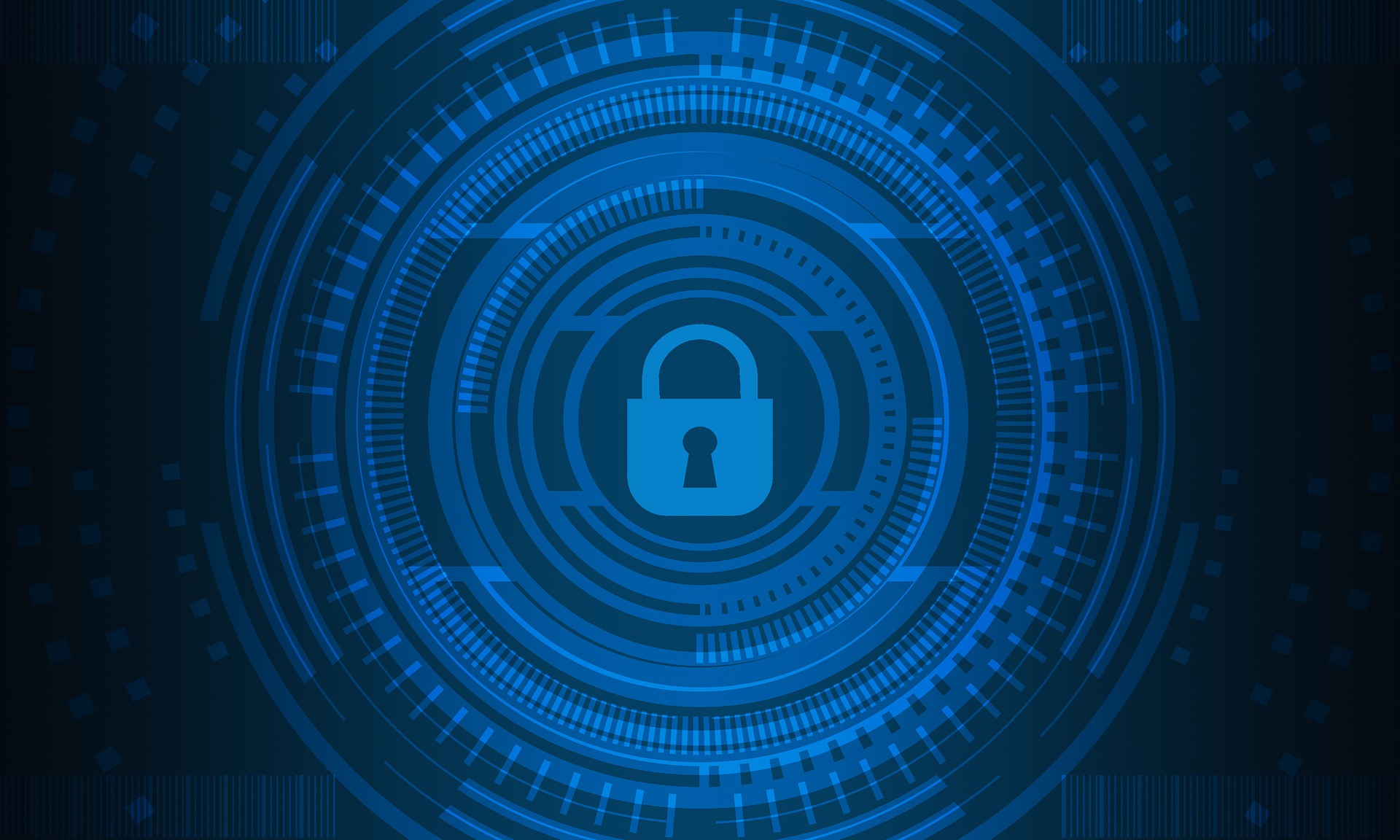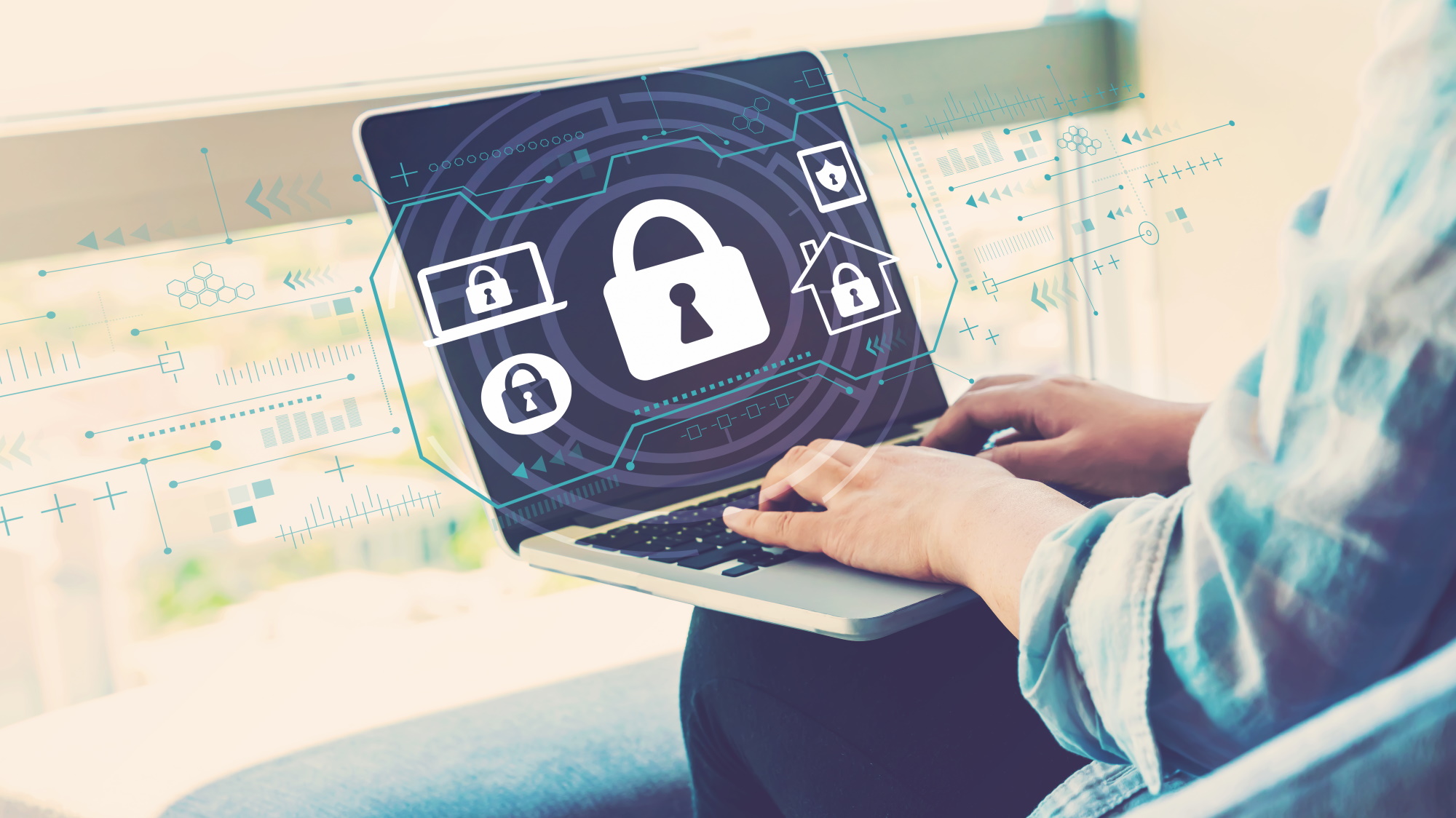Business antivirus vs consumer antivirus: What’s the difference?
There’s a huge gulf between corporate security software and home antivirus, and we’ve explained it right here

It’s all too easy to assume that all antivirus products are broadly similar, but that’s not the case – especially if you need to find a product that can properly protect your business.
There’s a world of difference between the best business antivirus packages and top-quality consumer security apps, and if you want to keep your company secure then it’s critical to know the difference between consumer software and business solutions.
We have explored the key differences between business antivirus and consumer antivirus right here, so it’s perfect if you need some extra knowledge before splashing the cash.
And don’t worry if you need some more business help, either: we’ve got the rundown on the essential technical skills you need to master and the ultimate guide to the elevator pitch.
A Techradar Choice for Best Antivirus
Get online protection you can trust from one of the leaders in cybersecurity. Defend against viruses, phishing, ransomware, spyware, zero-second threats, Wi-Fi vulnerabilities, and more. Visit Avast.com today to see Special Pricing for Small Business Solutions.
Management options
When you buy a consumer antivirus product it’s usually a pretty straightforward affair: you pay for the app, download it, and install it on your PC. Once that’s done, you can configure the app for your system and let it get on with the task at hand. It’s a standalone system and it usually works well.
Unsurprisingly, business antivirus products are more complex. Most of them use a centralized system for deployment and management – IT staff can install the software on dozens of devices using one central control panel. The control panel also alters settings, receives alerts and deploys patches across an entire network of machines.
This cloud-based approach makes it easier for IT staff to respond to threats, monitor systems and update software across an entire company’s worth of devices. It’s more complex behind the scenes, but it’s the kind of depth and power you need from a business antivirus package.
Ultimately, a business antivirus product will see your company’s PCs, laptops and phones as endpoints on a wider network – and the software protects that entire network, no matter which devices are connected.
Consumer security software takes a simpler approach because it’s usually installed on one device and doesn’t have to protect an entire network. Even if you purchase five licenses, you’ll still install the software individually on five different machines.

More powerful features
Business antivirus products don’t just have more robust cloud-based options for managing entire networks of devices – they’ve got a broader set of features, too.
Any good business antivirus package will have a more powerful set of AI and machine learning features than the average consumer antivirus product. These features analyze data to identify emerging and unknown threats – and head them off before they become a problem. When businesses deal with critical data every day, that’s important, and the use of those technological systems means the apps can work far more efficiently than people for malware identification.
Business antivirus software also tends to have a broader selection of network protection features, which is no surprise when you consider that a business solution will routinely deal with more devices and more data.
It’s entirely normal to have more robust email and attachment protection in a business package, and you’ll often find USB protection, registry scanning, VPNs and even options to secure video chat and IM software in your next business security software.
While many consumer products include some of these features too, you’ll often have to pay extra for a higher tier to gain access to them – while they’re usually included in business security packages as standard.
The extra features available with business antivirus reflect the proactive approach used by most business security products. Including more robust detection tools and multiple layers of protection means that a business product can stop threats before they become a problem – important when dealing with sensitive data and mission-critical information.
You don’t find as many AI-powered detection tools and high-end features in consumer software because it’s designed to be reactive rather than proactive – it takes a simpler approach, scanning files to deal with known, common threats as they emerge.
Added versatility
Business antivirus products don’t just have extra features compared to their consumer counterparts – they’re usually more versatile.
Many of the top business antivirus solutions work on multiple platforms, from Windows and Mac OS to Linux and server operating systems, and the reliance on centralized and cloud-based control panels means that settings can be fine-tuned across a network by one technician.
You’ll usually find more versatility beyond the software itself, too. It’s common for business antivirus products to have access to more support methods, like live chat, phone support and email support, and companies will often get quicker responses. While it’s true that companies do have to pay more for improved support options, consumer antivirus products often just don’t have the option.

Costs and challenges
If you’re protecting one device or a small selection of hardware – or if you’re just not too experienced with technology – then a consumer antivirus product should offer the power required with a straightforward design.
Protecting a network of business machines is a more complex operation, though, and that’s reflected in the software. The control panel in a good business antivirus package will be overwhelming to many users, but capable IT staff will be able to navigate the software and deploy their features appropriately. That’s important when you need a stronger and broader selection of features to protect mission-critical hardware.
Unsurprisingly, the broader scope and power of business antivirus software means that you’ll have to pay far more for enterprise security than consumer protection. The price will also rise depending on how many devices you need to protect – it’s not unusual to deploy enterprise software that needs to cover hundreds or even thousands of devices.
The price is undoubtedly worth paying to properly protect your business, though, and different pricing structures are often available to help sweeten the pill. It’s more common to buy business antivirus software using multi-year deals or subscriptions, for instance, and you can often get better value if you buy larger packages to protect a higher number of machines.
The higher price doesn’t just mean that you get better features that protect a broader number of devices. More expensive enterprise security products usually come with broader and more responsive support capabilities, which is critical when a security issue can cost a business millions of dollars. You’ll often get more frequent updates to protect against newer threats, and you can usually pay for extended support periods too.
Are you a pro? Subscribe to our newsletter
Sign up to the TechRadar Pro newsletter to get all the top news, opinion, features and guidance your business needs to succeed!
Mike has worked as a technology journalist for more than a decade and has written for most of the UK’s big technology titles alongside numerous global outlets. He loves PCs, laptops and any new hardware, and covers everything from the latest business trends to high-end gaming gear.

